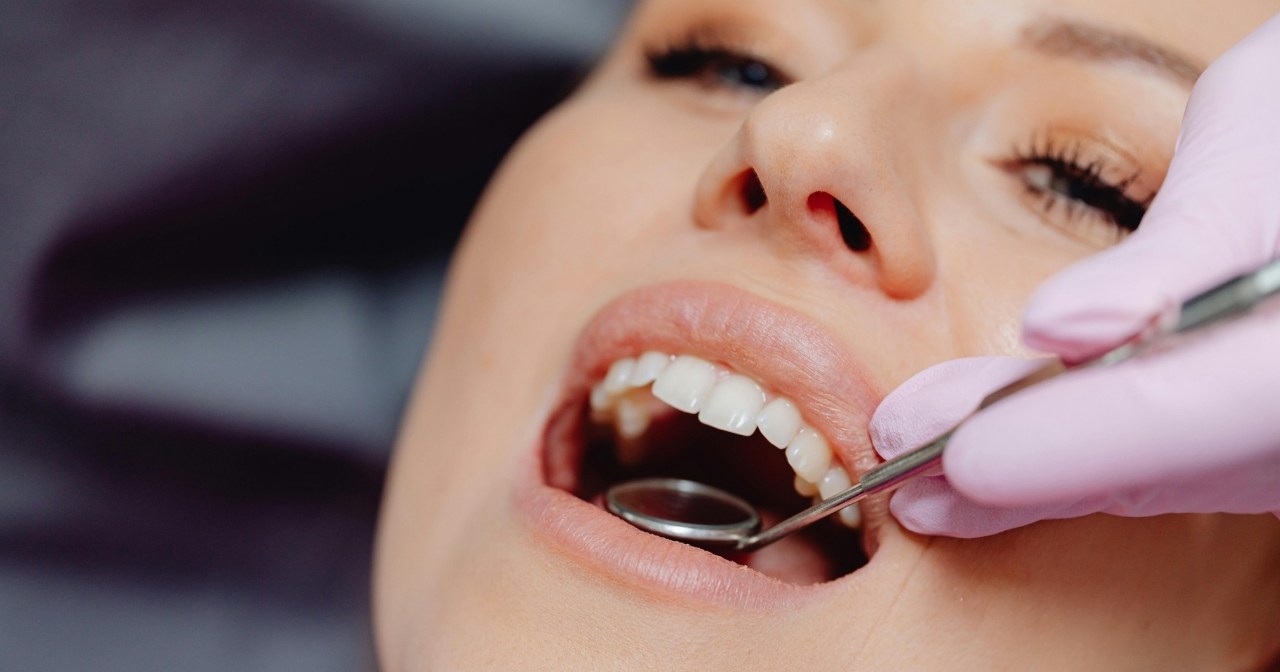
Don't Ignore Bleeding Gums: A Mumbaikar's Guide to Gum Disease Treatment
Ever noticed a bit of blood in the sink after brushing or flossing? It might seem small, but your gums could be sending an important warning. Bleeding gums are often the first sign of gum trouble, and catching it early can save your teeth and keep your smile strong.
With the non-stop pace of city life, it's easy to brush it off and move on. But taking action sooner rather than later can make treatment simpler and more effective. A little care now can prevent bigger problems later and keep you going about your day without discomfort or worry.
Why Gums Bleed
Gums usually start bleeding because they're irritated or inflamed, often from plaque — that sticky layer of bacteria that hangs out along your gumline. When this builds up, your gums can turn red, swell up, and feel tender. This is usually the first stage of gum trouble, called gingivitis. Ignore it, and it can progress to periodontitis, which affects the bone holding your teeth in place and could even lead to tooth loss.
Other everyday factors can make gums bleed too. Brushing too hard, using a stiff toothbrush, skipping proper oral care, or certain medications can all play a role. Hormonal changes during pregnancy or menopause, smoking, and health issues like diabetes or bleeding disorders can add to the risk. In the fast-paced grind of city life like Mumbai, it's easy to overlook these signs — but paying attention now can save you bigger hassles down the road.
How We Treat Bleeding Gums
| Step | What Happens | Notes |
|---|---|---|
| Examination & Diagnosis | Periodontist checks gums and teeth, sometimes using X-rays to assess bone health | Helps plan the right gum treatment for your situation |
| Professional Cleaning | Plaque and tartar are gently removed with scaling and polishing | Leaves teeth and gums fresh and healthy |
| Home Care Guidance | Practical tips on brushing, flossing, and mouthwash routines | Supports long-term gum health |
| Medications | Antimicrobial mouthwash or antibiotics prescribed if needed | Helps fight infection and reduce bleeding |
| Advanced Treatments | Severe cases may need procedures like laser gum surgery | Restores gum health effectively |
| Follow-Up | Regular check-ups to monitor and maintain gum health | Prevents recurrence and ensures lasting results |
Simple Steps You Can Take at Home
- Brush Gently Twice a Day
Use a soft toothbrush and take your time — two minutes is enough. Gentle brushing keeps plaque in check without hurting your gums, even on those rushed mornings before catching the local train. - Floss Every Day
Flossing reaches the tricky spots your brush can't touch. It's a quick step that keeps your gums healthy, whether you've just finished a plate of vada pav at a street stall or a pav khaji lunch with friends. - Mouthwash Helps
If your dentist recommends it, add an antimicrobial mouthwash to your routine. It helps control bacteria and protect your gums, especially after indulging in bhel puri, pani puri, or a late-night plate of sev puri. - Stay Away from Tobacco
Smoking or chewing tobacco weakens gums and slows healing. Skipping it keeps your mouth fresh and your gums strong, no matter how busy the day gets. - Eat Smart
Include foods rich in vitamins and minerals to keep gums strong. From a healthy misal pav breakfast to home-cooked meals, these nutrients help your gums fight infection and stay resilient.
Preventing Gum Problems
It's always better to prevent gum issues than deal with them later. Regular dental check-ups and professional cleanings help spot problems early, so you avoid bigger hassles down the line.
Brushing and flossing the right way — gently and consistently — makes a huge difference, even if your day is packed with work, errands, and meet-ups. Eating a balanced diet also helps keep your gums strong. Think wholesome home-cooked meals like dal and rice, sabzi with chapati, fish curry with steamed rice, or a simple poha breakfast — all packed with nutrients your gums need.
Avoid tobacco products, which can weaken gums and slow healing. And during times when hormones change, like pregnancy or menopause, take extra care with your gum routine. Small habits now can save discomfort later, protect your smile, and keep your teeth strong for years to come.
When to See a Professional
If your gums bleed often, feel swollen, or hurt, it's a clear sign to book an appointment with a dentist or periodontist. Even with regular brushing and home care, persistent problems or signs of advanced gum disease shouldn't be ignored.
Catching issues early makes treatment simpler and more effective, and can save your teeth from serious damage down the line. Staying on top of gum health means you can keep up with your busy routine without being slowed down by discomfort or dental emergencies.
Why Choose Radiant Smiles Dental Clinic in Chembur
At Radiant Smiles, we make taking care of your gums easy and stress-free. Whether it's routine bleeding gums treatment or more advanced care like laser gum surgery, our team ensures you feel comfortable every step of the way.
We combine gentle techniques, modern equipment, and personalized guidance to keep your gums healthy and your smile looking its best. With the right care, you can go about your busy day confidently, knowing your oral health is in expert hands.
Conclusion
Bleeding gums are often the first sign that your oral health needs attention. Ignoring them can lead to bigger problems, but with the right care, regular check-ups, and simple home habits, you can keep your gums strong and your smile healthy.
Whether it's adjusting your brushing technique, following a balanced diet, or getting professional treatment, a few small steps can make a huge difference. Staying on top of your gum health means fewer interruptions to your busy day and more confidence in your smile.
Don't wait for the problem to get worse. Book your consultation today and take the first step toward healthy, strong gums — so you can focus on your day without worrying about discomfort or dental issues.
FAQs About Gum Disease and Bleeding Gums
- How much does deep cleaning of teeth cost in Mumbai?
A: The deep cleaning teeth cost varies depending on the severity of gum issues and the number of teeth treated. At Radiant Smiles, we offer clear and affordable pricing with no hidden charges. - Can I treat bleeding gums at home?
A: Daily brushing, flossing, using mouthwash, avoiding tobacco, and eating a nutritious diet can help. Persistent bleeding should always be checked by a professional. - What is the best way to treat gum disease in Mumbai?
A: Early-stage gum disease is usually managed with cleaning and proper oral care, while advanced cases may require laser gum surgery or specialized procedures from a periodontist in Mumbai. - Are swollen gums serious?
A: Swollen gums are often a sign of inflammation or infection. Treating them early can prevent more serious gum disease. - Can gum problems cause bad breath?
A: Yes. Gum infections are a common cause of chronic bad breath. Treating the infection usually improves your breath. - How often should I see a dentist for bleeding gums?
A: Most patients benefit from check-ups every six months, but your dentist may recommend more frequent visits depending on your condition. - Is laser gum surgery painful?
A: Laser gum surgery is minimally invasive, precise, and designed to reduce discomfort while promoting faster healing.

